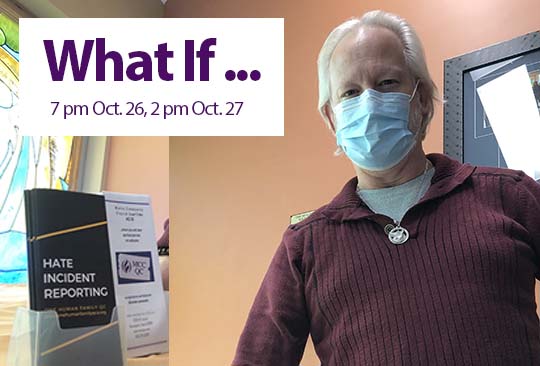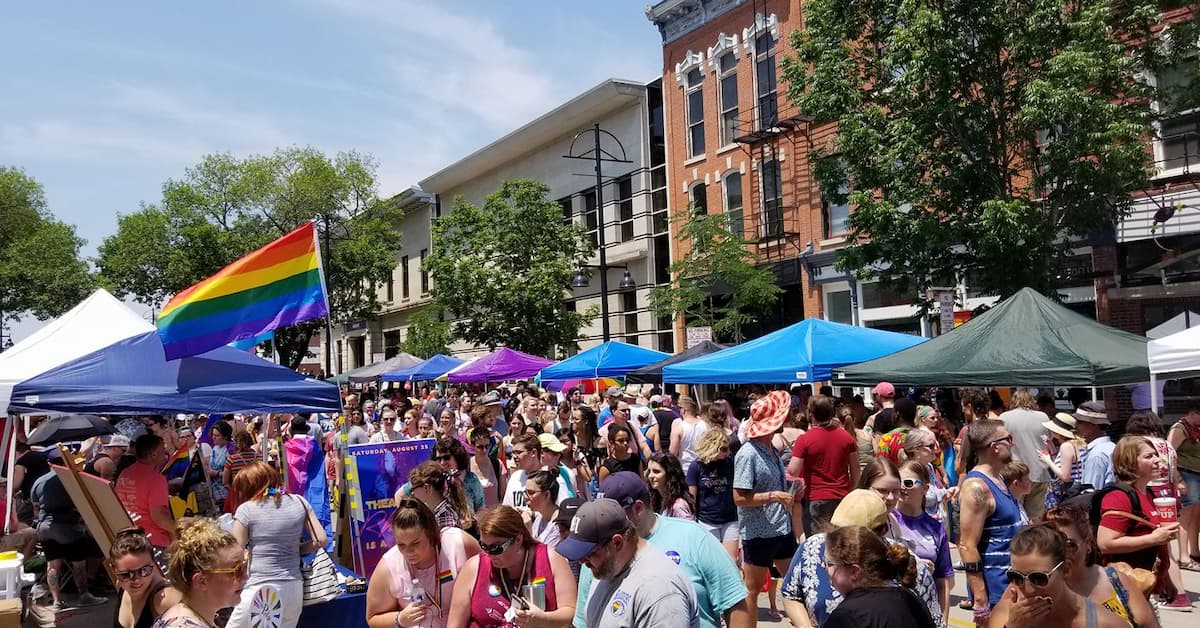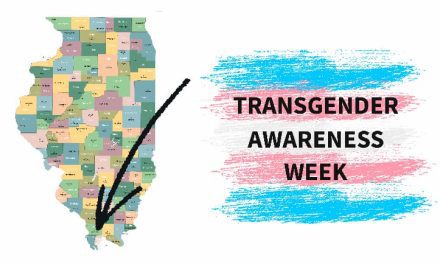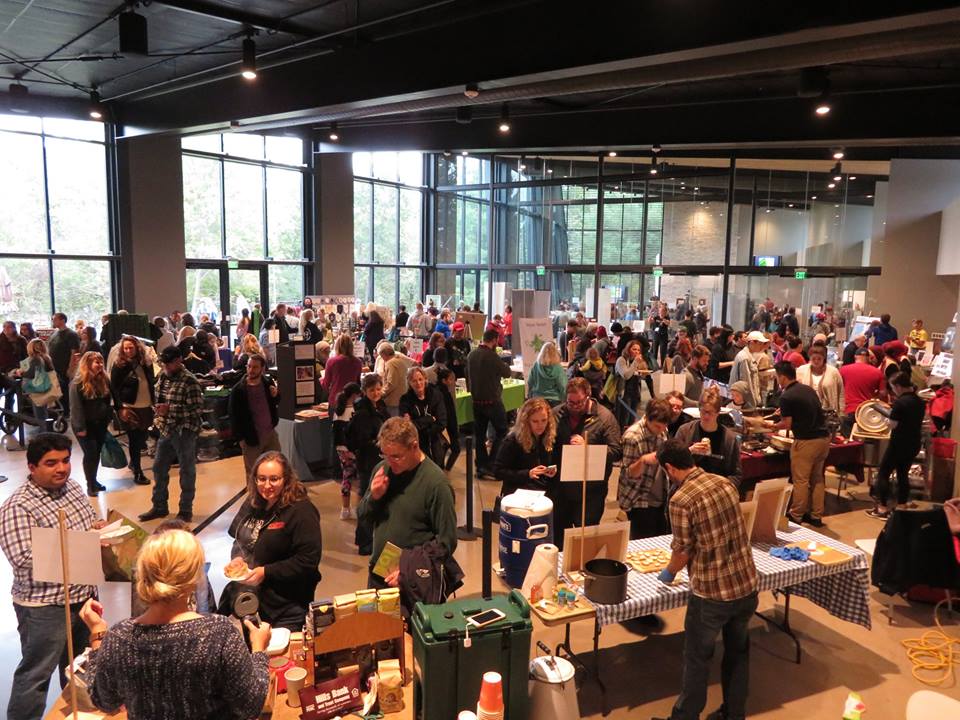A Quad Cities pacifist/activist is inviting Midwesterners to fine-tune their understanding of nonviolent civil disobedience in anticipation of possible resistance from President Donald Trump to the results of the Nov. 3 election.
Acknowledging the possibility that Trump may still win a second term, Rev. Rich Hendricks of Davenport says the greater likelihood and difficulty is that Trump proposes or attempts civil rights suppression “post-election and pre-end of term.”
Hendricks is holding two Zoom sessions — one at 7 p.m. Monday (Oct. 26) and the other at 2 p.m. Tuesday (Oct. 27) — in collaboration with other faith leaders in the Quad Cities.
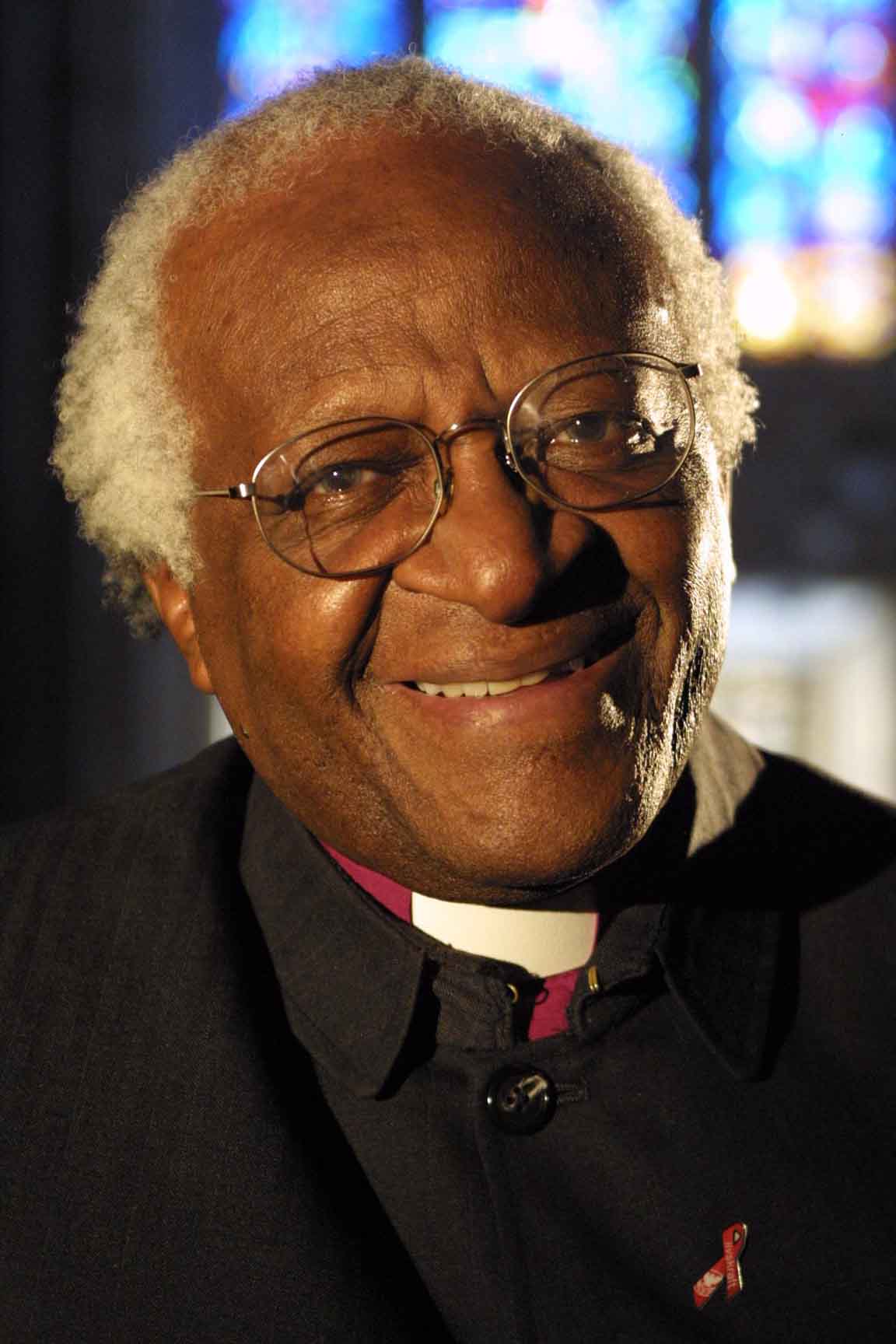
The sessions have two goals: re-educate the public on the key principles of nonviolent civil disobedience, and strategize over the most likely “What If…” scenarios for which progressives should prepare following the Nov. 3 election.
“(Trump)’s already called absentee balloting a hoax that is rigged,” says Hendricks, also pastor of Iowa’s only Metropolitan Community Church, located in Davenport. “We have to figure that he’s going to act as though the whole election is rigged. We hope not, we pray not, but we have to figure.
“The idea is to prevent a coup,” he continued. “We shouldn’t have to worry about whether a president is going to accept the results of the election. But this is unlike any president we’ve ever had or will ever have again, we hope.”
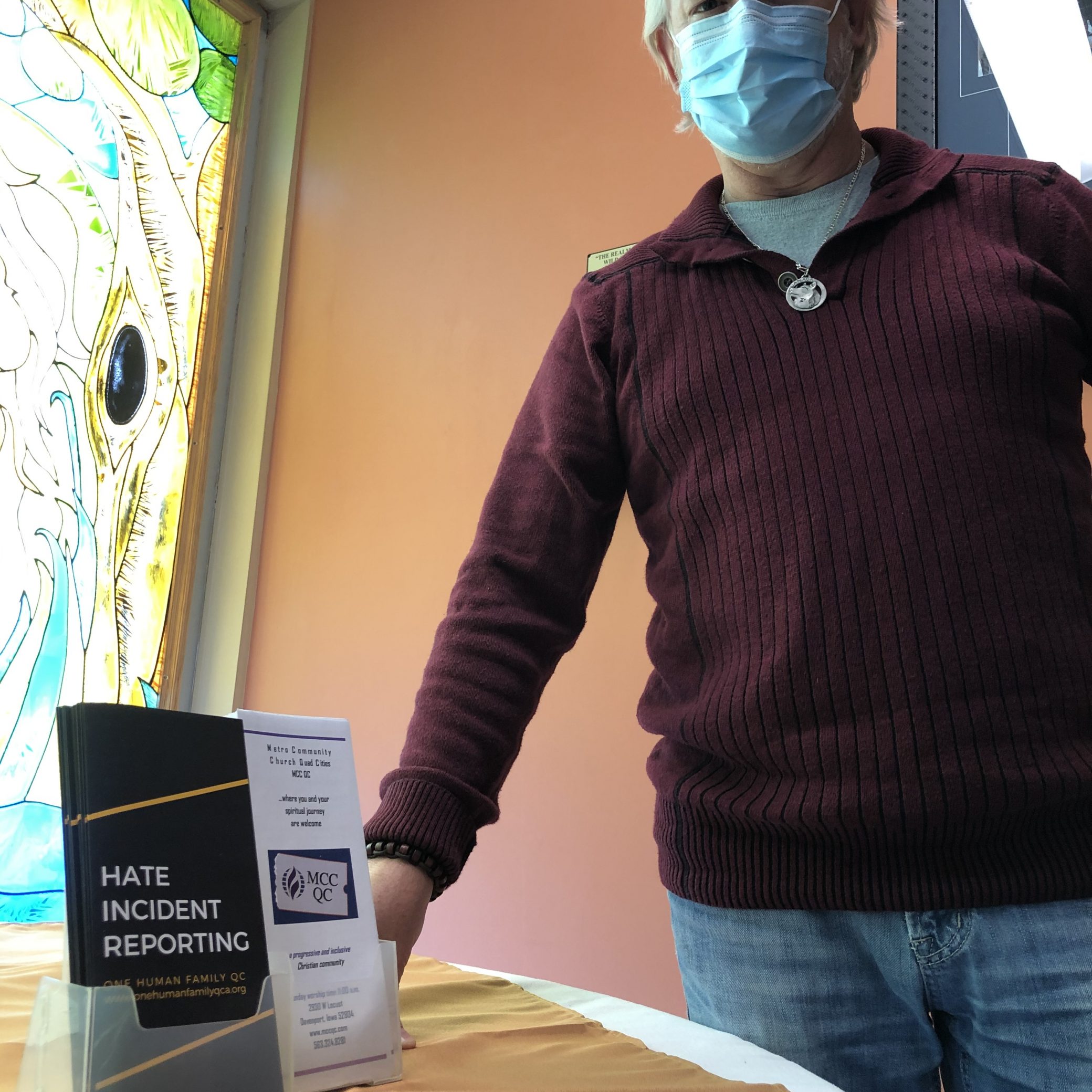
The faith leaders leading the workshops are part of One Human Family QCA, a nonprofit group that works year-round to stand up for diversity, intersectionality and racial justice throughout the four-city Quad Cities area that spans Iowa and Illinois.
They include not only Hendricks, but also Rabbi Linda Bertenthal of Temple Emanuel in Davenport; Jay Wolin of the Unitarian Universalist Congregation of the Quad Cities; and Dr. Matthew Coomber, associate professor of Biblical studies at St. Ambrose University in Davenport.
“We are aware of concerted efforts being made to delegitimize our election process — including by some elected officials,” Coomber says. “Therefore, as faith leaders, we feel a responsibility to help the greater community be prepared to respond in both meaningful and effective ways.”
Hendricks anticipates that pro-Constitution rallies, at minimum, will be essential from November to January, regardless of the presidential election’s outcome.
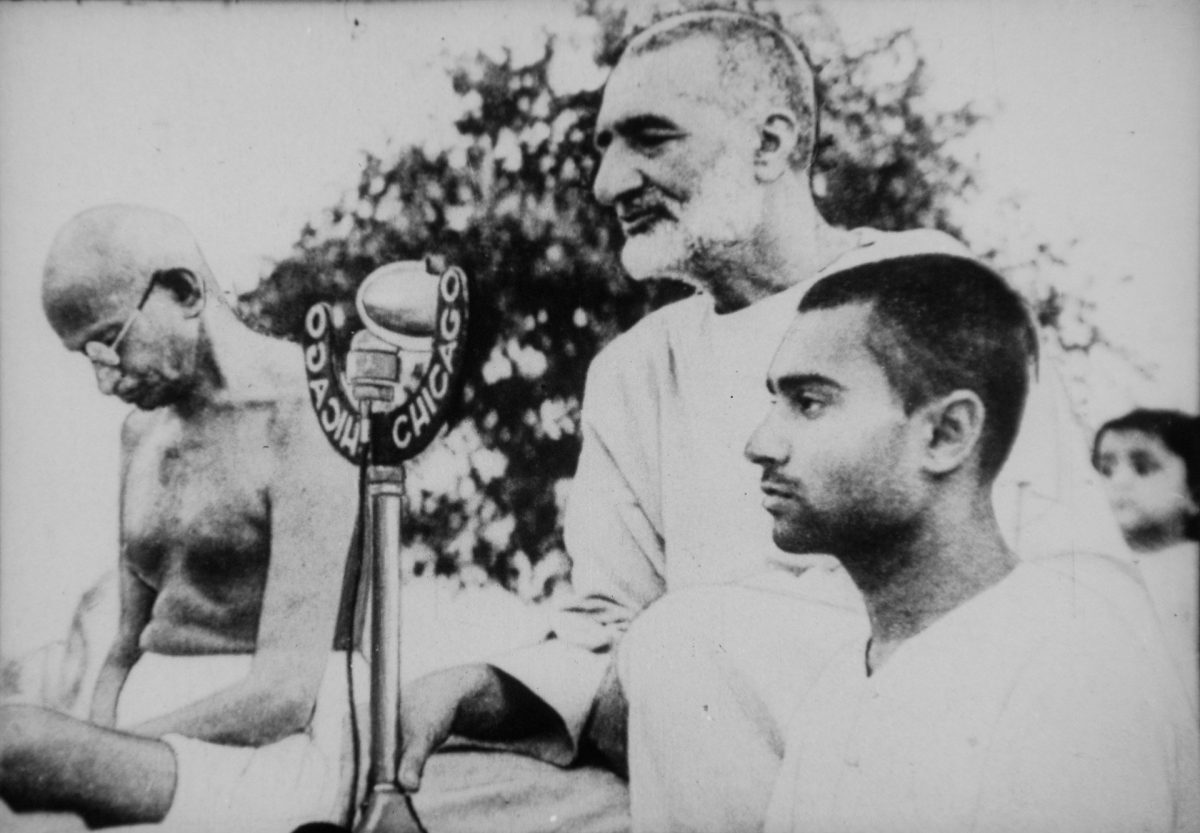
He also outlines some key “basics” about civil disobedience that he believes are essential to minimizing the chances of civil unrest or worse yet, a civil war:
- “Nonviolence and civil disobedience are not passive. They are active, aggressive forms of resistance to a law or request,” Hendricks says, countering a criticism sometimes leveled at non-violent resistance. He cites, in particular Desmond Tutu, Mahatma Gandhi and Martin Luther King, Jr. “It’s worked.”
- His next point is harder to accept during these times of protesting police brutality: “When you engage in an act of civil disobedience, law enforcement is not your enemy,” Hendricks says. “They are always there to enforce the law.”
- That’s why strictly adhering to nonviolence is so essential to effective civil disobedience, Hendricks says. “The idea is to draw a stark contrast between what is being protested, and the policies of your own cause,” Hendricks says. “If we become like them, that accomplishes nothing. If we resort to violence, that eventually leads to civil war. The last thing we need today is civil war.”
To register for either Zoom workshop, email Hendricks at richdhendricks@msn.com, noting whether you are registering for the 7 p.m. Monday session, or the 2 p.m. Tuesday session.

